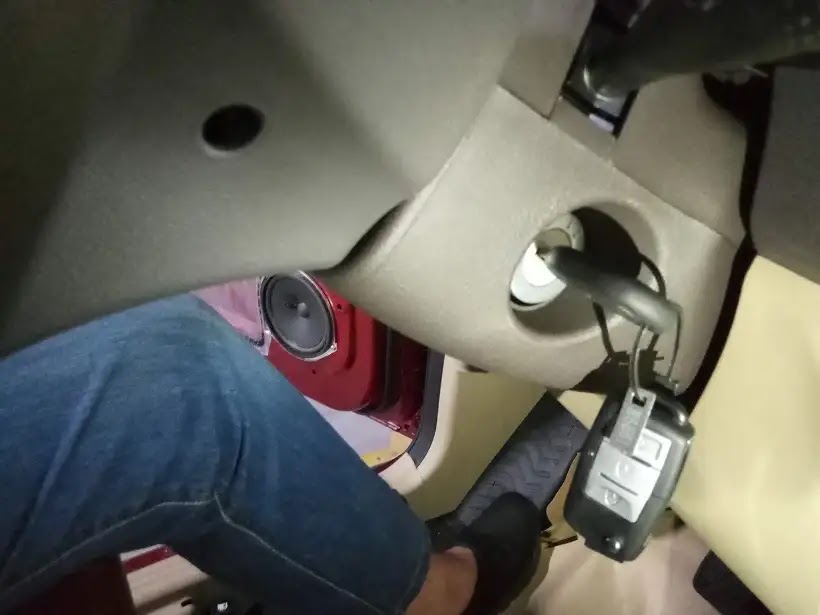Vehicle Not Starting? Spinning Sound? It's Likely a Bad Starter Drive
Imagine a situation where you're in a hurry, trying to start your vehicle, but all you hear is a disheartening spinning sound. Your vehicle refuses to spring to life, leaving you stranded. If this scenario sounds all too familiar, then you might be dealing with a bad starter drive. In this article, we will explain why that spinning sound occurs, what it means for your vehicle, and how you can remedy the situation.
Understanding the Spinning Sound
The spinning sound you hear when attempting to start your vehicle is not a good sign. It typically indicates a malfunction in a critical component known as the starter drive, which is housed within the starter motor. The starter drive is responsible for engaging the engine's flywheel or flexplate, allowing the engine to turn over and start. When it's in good working condition, the starter drive securely meshes with these components, facilitating a smooth engine start. However, when the starter drive begins to slip or fail, that's when you hear the dreaded spinning sound.
Consequences of a Bad Starter Drive
When your vehicle's starter drive starts slipping, it won't engage with the flywheel or flexplate correctly. As a result, the engine won't turn over, and your vehicle simply won't start. It's a frustrating situation that can leave you stranded and in need of a solution.
Remedying the Situation
If you find yourself in the unfortunate predicament of a bad starter drive, you have some options for getting your vehicle back on the road:
1. Replace the Starter. The most effective solution is to have the starter replaced. If you have experience with automotive repairs, you may consider doing the work yourself. However, if you're not well-versed in vehicle maintenance, it's best to leave this task to a professional.
2. Check for Warranty. If your vehicle is still under warranty, this could be your lucky break. Contact the dealership and inquire if your warranty covers starter replacement. If it does, the dealership should take care of the cost, ensuring you get back on the road without emptying your wallet.
3. Compare Local Shops. If your warranty doesn't cover the replacement, it's time to shop around for the best deal. Call different local auto repair shops to get quotes for replacing the starter. Make sure to inquire about any warranties or guarantees they offer on the parts and labor.
4. Consider a Rebuilt Starter. In many cases, opting for a rebuilt starter can be a cost-effective choice. Rebuilt starters are thoroughly inspected, repaired, and tested to ensure they function like new ones. They are a reliable alternative to brand-new starters and often come with a warranty.
In conclusion, a spinning sound when trying to start your vehicle can be frustrating and alarming, but understanding the root cause – a bad starter drive – is the first step toward a solution. Whether you choose to replace the starter yourself, rely on your warranty, or seek assistance from a local auto repair shop, addressing the issue promptly is crucial to getting your vehicle back on the road and preventing further damage. With the right approach, you can resolve the starter drive issue and enjoy the peace of mind that comes with a reliably starting vehicle.
